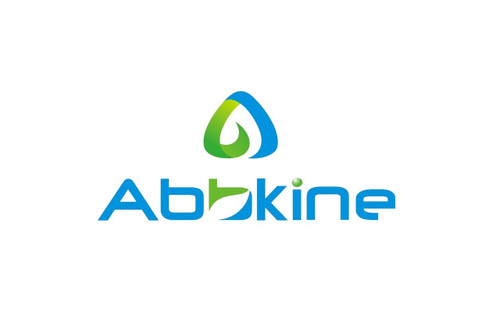Product Description
Human Anti-filaggrin antibody (AFA) ELISA Kit | AE62305HU | Abebio
Species Reactivity: Human (Homo sapiens)
Abbreviation: AFA
Alternative Name: N/A
Application: ELISA
Range: 0.312-20 ng/mL
Sensitivity: 0.112 ng/mL
Intra-Assay: ≤5.6%
Inter-Assay: ≤8.9%
Recovery: 1, 02
Sample Type: Serum, Plasma, Other biological fluids
Detection Method: Competitive ELISA
Analysis Method : Qualitative
Test Principale: This assay employs the competitive enzyme immunoassay technique. The microtiter plate provided in this kit has been pre-coated with an antibody specific to AFA. Standards or samples are then added to the appropriate microtiter plate wells with a Horseradish Peroxidase (HRP) -conjugated AFA and incubated. The competitive inhibition reaction is launched between with HRP labeled AFA and unlabeled AFA with the antibody. A substrate solution is added to the wells and the color develops in opposite to the amount of AFA in the sample. The color development is stopped and the intensity of the color is measured.
Product Overview: Filaggrinis an intermediate filament-associated protein that aggregates keratin intermediate filaments in mammalian epidermis. It is initially synthesized as a polyprotein precursor, profilaggrin (consisting of multiple filaggrin units of 324 aa each), which is localized in keratohyalin granules, and is subsequently proteolytically processed into individual functional filaggrin molecules. Mutations in this gene are associated with ichthyosis vulgaris. This structure is similar to that of the mouse; however, the human filaggrin repeat is much longer (972 basepairs; 324 amino acids) and shows little sequence homology to the mouse protein. Amino acid sequences encoding the amino and carboxyl termini were more conserved, as were the 5-prime and 3-prime DNA sequences flanking the coding portions of the gene.
Stability: The stability of ELISA kit is determined by the loss rate of activity. The loss rate of this kit is less than 5% within the expiration date under appropriate storage condition. The loss rate was determined by accelerated thermal degradation test. Keep the kit at 37°C for 4 and 7 days, and compare O.D.values of the kit kept at 37°C with that of at recommended temperature. (referring from China Biological Products Standard, which was calculated by the Arrhenius equation. For ELISA kit, 4 days storage at 37°C can be considered as 6 months at 2 - 8°C, which means 7 days at 37°C equaling 12 months at 2 - 8°C) .
 Euro
Euro
 USD
USD
 British Pound
British Pound
 NULL
NULL








